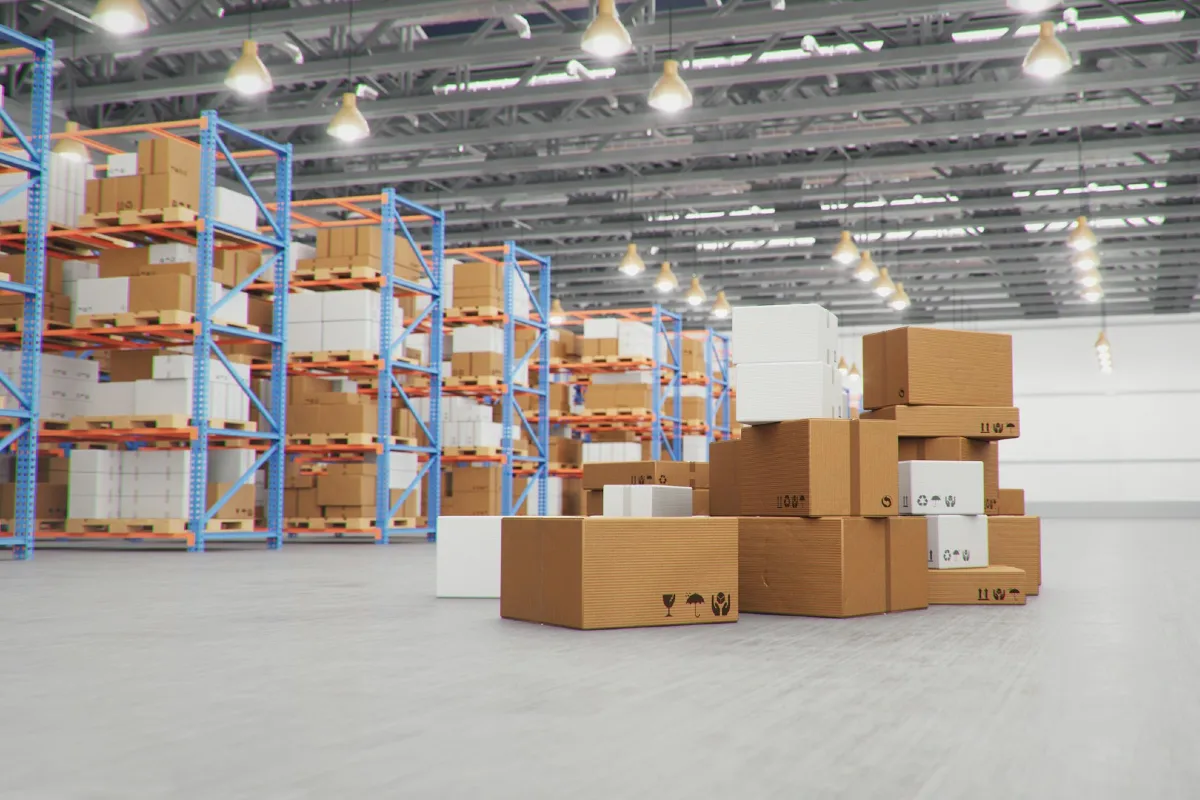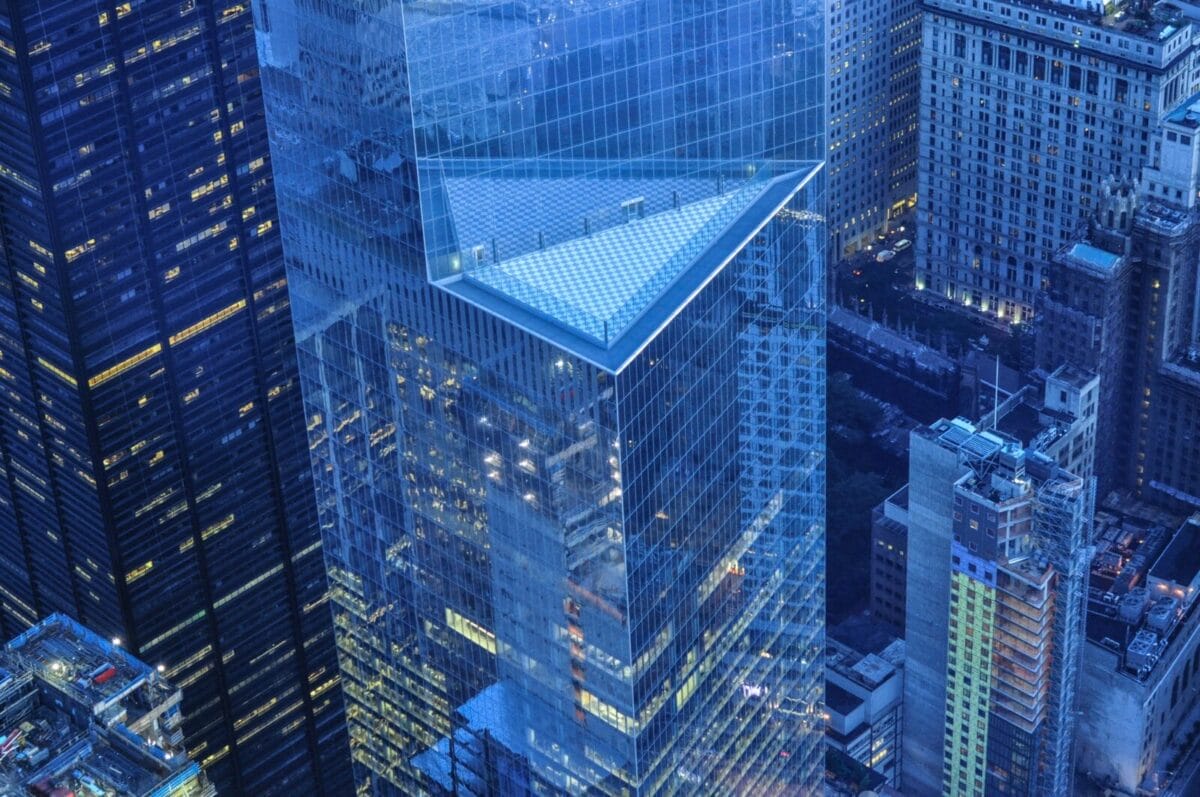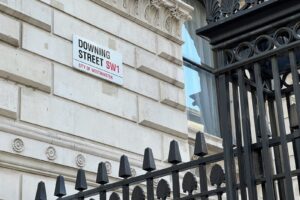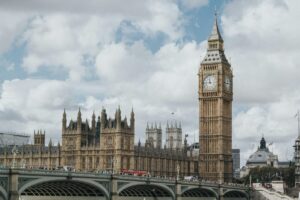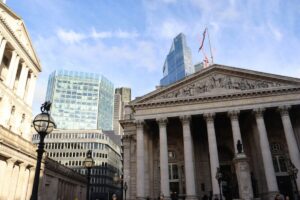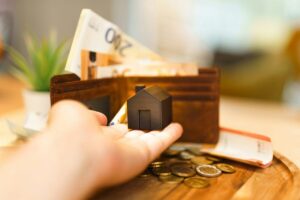Some of the recent problems that have caused sustainable sectors like solar and biotech to underperform are set to subside and will offer investors attractive buying opportunities once again. That’s according to Claire Marwick, co-manager of the Aegon Global Sustainable Equity Fund, as she highlights in the following analysis:
Marwick says higher interest rates and inventory issues are among the headwinds that have triggered earnings issues across some sustainable sectors in the past two years, causing disappointing share price performance across parts of the asset class. However, she says these issues are largely temporary, with the medium and long term opportunity remaining very much in place.
“Solar is one sector that has a difficult time of it for a number of reasons,” she says. “Firstly, in residential solar, some large subsidies changed or came to an end. The most impactful one was in California, which is an outsized portion of the whole US residential solar market (40%). The subsidy was reduced in April 2023 – and that led to a rush of orders to beat the deadline and then nothing after that.
“Then power prices fell in 2023 after the Russian invasion of Ukraine had caused them to spike up the year before. That was a positive development generally, but it did reduce the incentive to install residential solar. And then finally we had a huge build-up of inventory in Europe as Chinese companies flooded the market with solar panels.”
While these factors combined to hit the earnings of a range of solar stocks, Marwick says they are short-lived and do nothing to reduce the overarching investment case.
“Solar power generation today is the cheapest form of energy generation available to us – even excluding subsidies,” she says. “So, if one’s motives are purely financial, solar is the way to go.
“The IEA forecasts solar capacity to triple from 2022 levels to 2027 and grow from there. Solar is expected to contribute 22% of our power needs by 2027, from just 3% 10 years ago. This adds up to a very positive demand backdrop for solar companies and that is why we are now looking for opportunities as these headwinds pass.”
Marwick says another example of a sustainable sector poised to bounce back is life sciences, particularly the companies providing equipment for drug development and testing to the pharmaceutical sector.
“There are some very good quality companies in this space, and the industry tends to grow stably alongside drug development,” she says. “But earnings have been falling for a few reasons in recent years. A big one was Covid, which meant that there were bumper sales of equipment and consumables at the start, to meet copious testing and drug development needs, but a lull afterwards, as healthcare companies had no need to replenish stocks.”
A further problem was that fact that the customer base, partly comprised of early-stage biotech companies, found funding harder to access when interest rates rose, hitting demand.
“What’s happening now is that funding to biotechs is growing again and customer inventories are being worked through,” says Marwick. “This is a classic case of great companies experiencing a tough time that won’t last forever. Danaher, held in the Aegon Global Sustainable Equity Fund, for instance, told us at Q1 results that orders are starting to grow, and the stocks are starting to pick up.
“The point is that there have been some prominent parts of the sustainable universe that have had earnings problems and that made life difficult for investors. But these are temporary issues and we think the medium and longer case for investment is as strong as it ever was.”
From 30 May 2024 the Aegon Global Sustainable Equity Fund has been reclassified as an Article 9 fund under SFDR to reflect that it has sustainable investment as its objective.
The Fund’s sustainable investment objective is to invest in the equities of companies whose products, services and activities are making a positive contribution to social and environmental outcomes aligned with the Fund’s six sustainability ‘pillars’ or themes.
There are three environmental themes (Climate Change, Eco Solutions and Resource Efficiency) and three social themes (Health & Wellbeing, Inclusion and Sustainable Growth). Securities that align with these themes are considered by the Investment Manager to be ‘sustainable investments’ as defined under SFDR. The Fund will invest at least 90% of its net assets in sustainable investments.
Aegon Asset Management’s Marwick: The sustainable sectors poised for a bounce back
The problems that have caused sustainable sectors like solar and biotech to underperform are set to subside and will offer investors attractive buying opportunities once again, according to Claire Marwick, co-manager of the Aegon Global Sustainable Equity Fund.
Marwick says higher interest rates and inventory issues are among the headwinds that have triggered earnings issues across some sustainable sectors in the past two years, causing disappointing share price performance across parts of the asset class. However, she says these issues are largely temporary, with the medium and long term opportunity remaining very much in place.
“Solar is one sector that has a difficult time of it for a number of reasons,” she says. “Firstly, in residential solar, some large subsidies changed or came to an end. The most impactful one was in California, which is an outsized portion of the whole US residential solar market (40%). The subsidy was reduced in April 2023 – and that led to a rush of orders to beat the deadline and then nothing after that.
“Then power prices fell in 2023 after the Russian invasion of Ukraine had caused them to spike up the year before. That was a positive development generally, but it did reduce the incentive to install residential solar. And then finally we had a huge build-up of inventory in Europe as Chinese companies flooded the market with solar panels.”
While these factors combined to hit the earnings of a range of solar stocks, Marwick says they are short-lived and do nothing to reduce the overarching investment case.
“Solar power generation today is the cheapest form of energy generation available to us – even excluding subsidies,” she says. “So, if one’s motives are purely financial, solar is the way to go.
“The IEA forecasts solar capacity to triple from 2022 levels to 2027 and grow from there. Solar is expected to contribute 22% of our power needs by 2027, from just 3% 10 years ago. This adds up to a very positive demand backdrop for solar companies and that is why we are now looking for opportunities as these headwinds pass.”
Marwick says another example of a sustainable sector poised to bounce back is life sciences, particularly the companies providing equipment for drug development and testing to the pharmaceutical sector.
“There are some very good quality companies in this space, and the industry tends to grow stably alongside drug development,” she says. “But earnings have been falling for a few reasons in recent years. A big one was Covid, which meant that there were bumper sales of equipment and consumables at the start, to meet copious testing and drug development needs, but a lull afterwards, as healthcare companies had no need to replenish stocks.”
A further problem was that fact that the customer base, partly comprised of early-stage biotech companies, found funding harder to access when interest rates rose, hitting demand.
“What’s happening now is that funding to biotechs is growing again and customer inventories are being worked through,” says Marwick. “This is a classic case of great companies experiencing a tough time that won’t last forever. Danaher, held in the Aegon Global Sustainable Equity Fund, for instance, told us at Q1 results that orders are starting to grow, and the stocks are starting to pick up.
“The point is that there have been some prominent parts of the sustainable universe that have had earnings problems and that made life difficult for investors. But these are temporary issues and we think the medium and longer case for investment is as strong as it ever was.”
From 30 May 2024 the Aegon Global Sustainable Equity Fund has been reclassified as an Article 9 fund under SFDR to reflect that it has sustainable investment as its objective.
The Fund’s sustainable investment objective is to invest in the equities of companies whose products, services and activities are making a positive contribution to social and environmental outcomes aligned with the Fund’s six sustainability ‘pillars’ or themes.
There are three environmental themes (Climate Change, Eco Solutions and Resource Efficiency) and three social themes (Health & Wellbeing, Inclusion and Sustainable Growth). Securities that align with these themes are considered by the Investment Manager to be ‘sustainable investments’ as defined under SFDR. The Fund will invest at least 90% of its net assets in sustainable investments.


